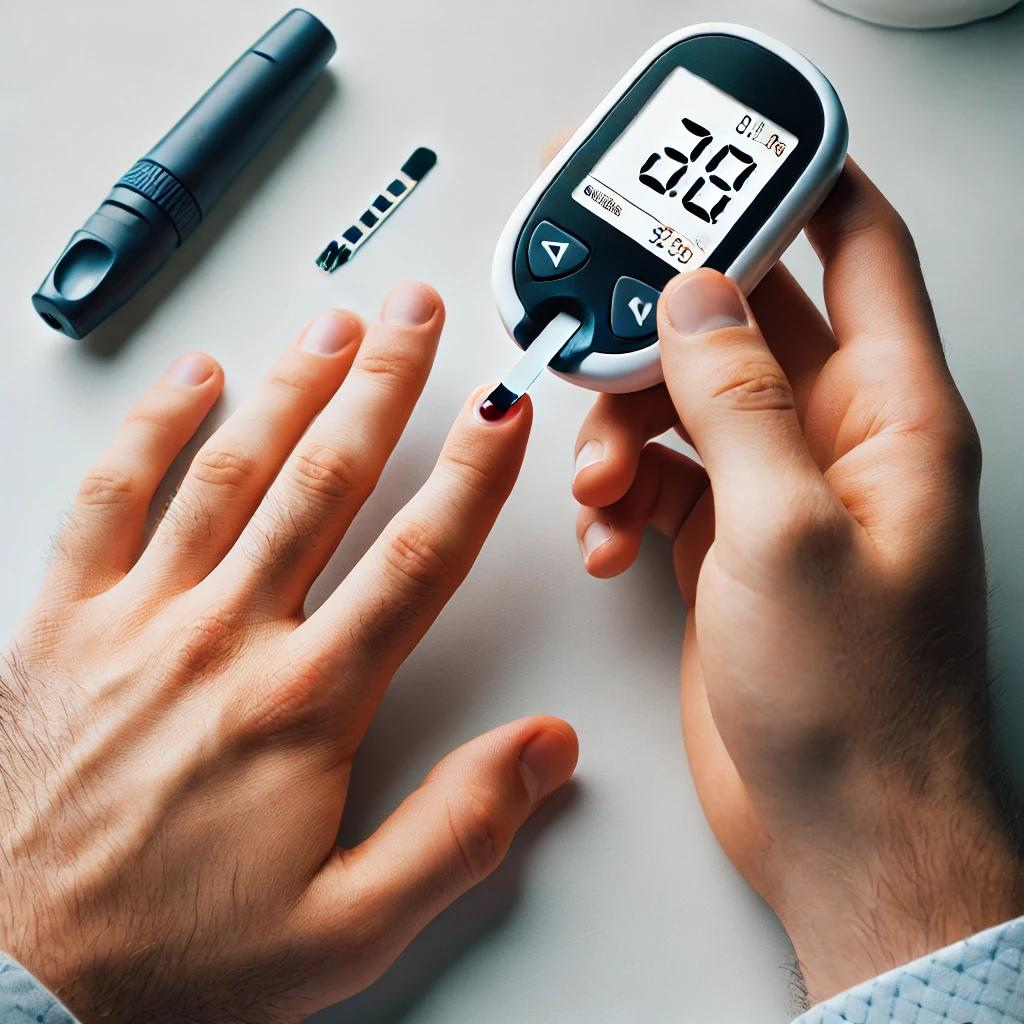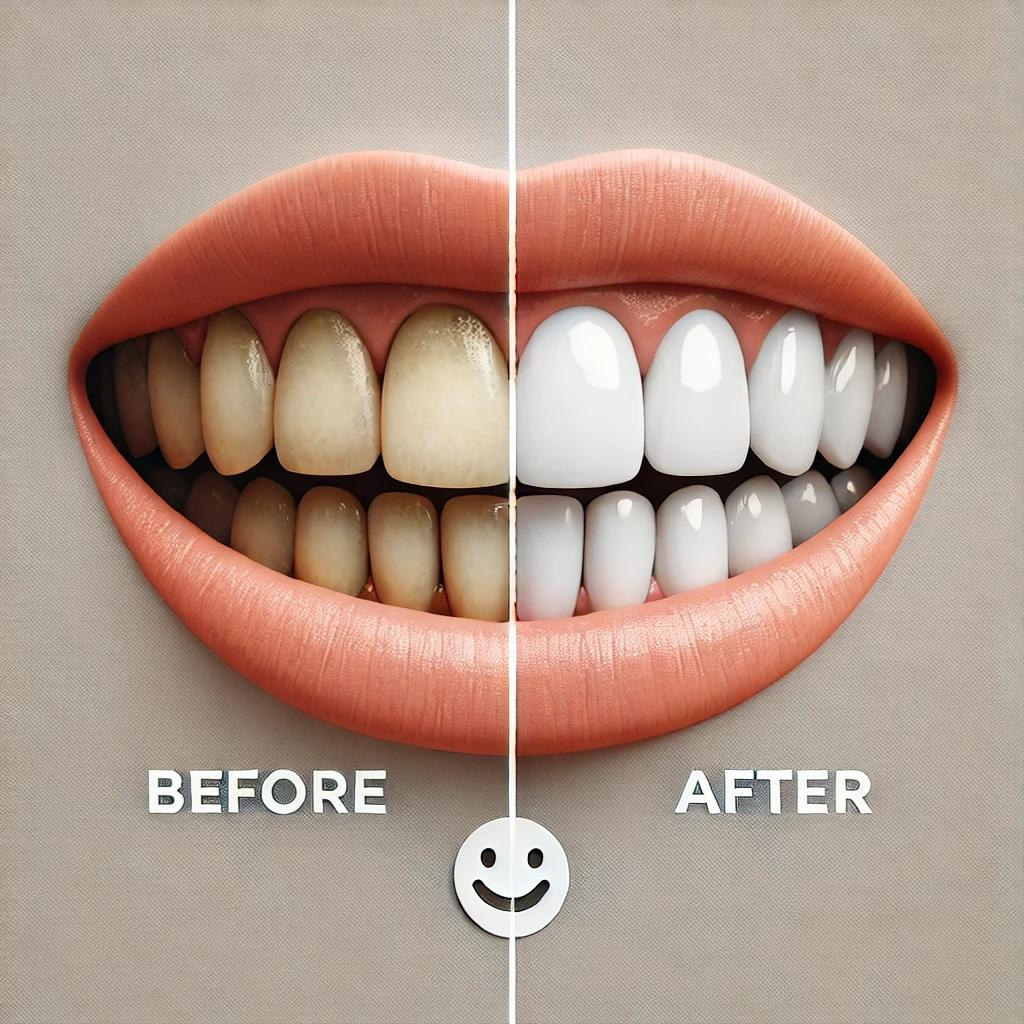Orthodontist Kumbakonam
Orthodontist Kumbakonam Achieving the Perfect Smile with Orthodontics: A Guide to Braces and Beyond Introduction: A beautiful smile can boost your confidence and enhance your overall appearance. Orthodontic treatment is not just about improving the aesthetics of your smile; it’s also about ensuring proper alignment and function of your teeth. At Nalamm Dental Clinic in Kumbakonam, our orthodontic services can help you achieve a straight and healthy smile, regardless of age. What is Orthodontics? Orthodontics is a specialized field of dentistry that focuses on diagnosing, preventing, and correcting misaligned teeth and jaws. The most common orthodontic treatments include braces, clear aligners, and retainers. These appliances help align the teeth, improve bite function, and enhance overall oral health. How Orthodontic Treatment Works Initial Consultation: The first step towards orthodontic treatment is a consultation at Nalamm Dental Clinic. During this visit, our orthodontist will examine your teeth, take X-rays, and discuss your concerns and treatment goals. Customized Treatment Plan: Based on the initial assessment, our orthodontist will create a personalized treatment plan. This plan may include braces, clear aligners, or other appliances to gradually move your teeth into the desired position. Fitting the Braces or Aligners: For traditional braces, brackets are bonded to the teeth and connected with a wire that applies gentle pressure to shift the teeth. Clear aligners, on the other hand, are removable and need to be worn for 20-22 hours a day for optimal results. Regular Adjustments: Throughout the treatment, you’ll visit Nalamm Dental Clinic for regular check-ups and adjustments. This ensures that the braces or aligners are working effectively and allows for any necessary modifications to the treatment plan. Retention Phase: After the active treatment phase, a retainer is used to maintain the new position of your teeth. This phase is crucial to prevent teeth from shifting back to their original positions. Why Orthodontic Treatment is Important Improved Oral Health: Properly aligned teeth are easier to clean, reducing the risk of cavities and gum disease. Enhanced Aesthetics: A straight smile not only looks better but also boosts self-esteem and confidence. Better Functionality: Correcting bite issues improves chewing, speaking, and overall comfort. Prevents Future Dental Issues: Addressing misalignment early can prevent more severe problems, such as tooth wear, TMJ disorders, and difficulty in maintaining oral hygiene. Why Choose Nalamm Dental Clinic? At Nalamm Dental Clinic, we pride ourselves on providing high-quality orthodontic care tailored to each patient’s needs. Here’s why you should choose us for your orthodontic treatment: Expertise: Our orthodontists are highly trained and experienced in using the latest orthodontic techniques and technologies. Personalized Care: We believe in offering individualized treatment plans that cater to the unique needs of each patient. Comfortable Environment: Our clinic is designed to make patients feel at ease, ensuring a comfortable and pleasant experience throughout the treatment. Book Your Appointment Ready to transform your smile? Schedule a consultation at Nalamm Dental Clinic in Kumbakonam today! Our team is dedicated to providing you with the best orthodontic care to achieve the smile you’ve always wanted. Frequently Asked Questions 1. At what age should orthodontic treatment begin? Orthodontic treatment can start as early as age 7. However, it’s never too late to seek treatment, as many adults successfully undergo orthodontic care. 2. How long does orthodontic treatment take? The duration of treatment varies depending on the complexity of the case. On average, it can take anywhere from 12 to 36 months. 3. Are braces painful? You may experience some discomfort when braces are first applied or adjusted, but this usually subsides within a few days. 4. How often should I visit the orthodontist during treatment? Regular check-ups are typically scheduled every 4-8 weeks to adjust the braces or monitor progress with aligners. 5. Can I eat normally with braces? You’ll need to avoid certain hard and sticky foods that can damage the braces. Our orthodontist will provide a list of foods to avoid.










